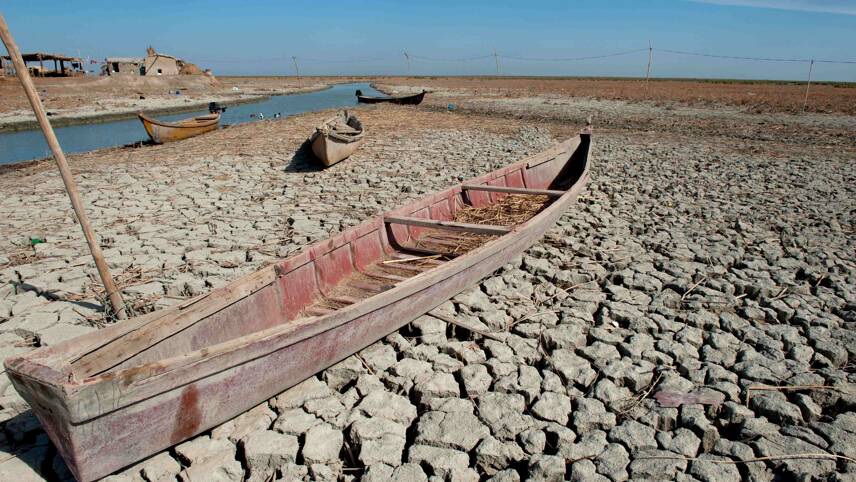Register for free and continue reading
Join our growing army of changemakers and get unlimited access to our premium content

Nearly 60% of low-income countries are now in debt.
Today (15 April), more than 100 prominent celebrities have published an open letter to G20 leaders calling for a reform of the global financial system that puts an end to crippling debt for low-income countries while focusing on the “polluters pay” principle.
Signatories include former Prime Minister of Denmark Helle Thorning-Schmidt, Former Prime Minister of New Zealand Helen Clark, Christian Aid’s chief executive Patrick Watt, Oxfam International’s executive director Amitabh Behar and former Unilever chief executive Paul Polman, among others.
The letter has been published ahead of the World Bank and International Monetary Fund (IMF) spring meetings in Washington DC later this week.
International Rescue Committee’s chief executive David Miliband said: “Climate, conflict and poverty are closely linked – the world’s most fragile and conflict-affected states are often the most climate-vulnerable.
“To end extreme poverty and unlock sustainable development, G20 leaders should back financial architecture reform, deliver more concessional finance via the World Bank’s International Development Association, and work with civil society to ensure the money gets to where it’s needed most.”
In order to achieve the UN’s sustainable development goals (SDGs), the world needs to mobilise $5.4trn a year by 2030, according to the UN. However, there is currently a $3trn shortfall due to the present policies.
Nearly 60% of low-income countries are now in debt and they collectively spend six times more repaying their debt than what the World Bank lends in a year.
The Republic of Malawi’s former President Dr Joyce Banda said: “As African leaders, we need to invest in resilience, education, health and nutrition but we’re being held back by unfair debt.
“Climate change has brought untold suffering to our people through loss of infrastructure and arable lands, leading to incessant hunger. We have no choice but to borrow more, perpetuating the vicious cycle. This has to stop.”
Global climate adaptation finance
The UN Environment Programme (UNEP) estimates that developing nations are likely to need at least $215bn and up to $387bn of international public finance for climate adaptation each year this decade.
Yet just $21bn of public multilateral and bilateral adaptation funding was provided from developed nations to developing nations in 2021, the last year for which data is available. This funding level was down 15% year-on-year.
A recent report from the Debt Relief for Green and Inclusive Recovery (DRGR) Project, in partnership with the Boston University, has revealed that emerging economies will pay a record $400bn to service external debt this year, rendering them unable to finance their climate adaptation targets.
According to the report, approximately 47 emerging market and developing economies (EMDEs) are anticipated to reach unsustainable levels of external public debt by 2028 if they were to invest at the levels needed to meet internationally agreed climate and development goals.
With the current global financial system in place, nearly half of the world’s population lives in a country that spends more on external debt service than on health or education, underscoring the urgency of policy reform.


Please login or Register to leave a comment.